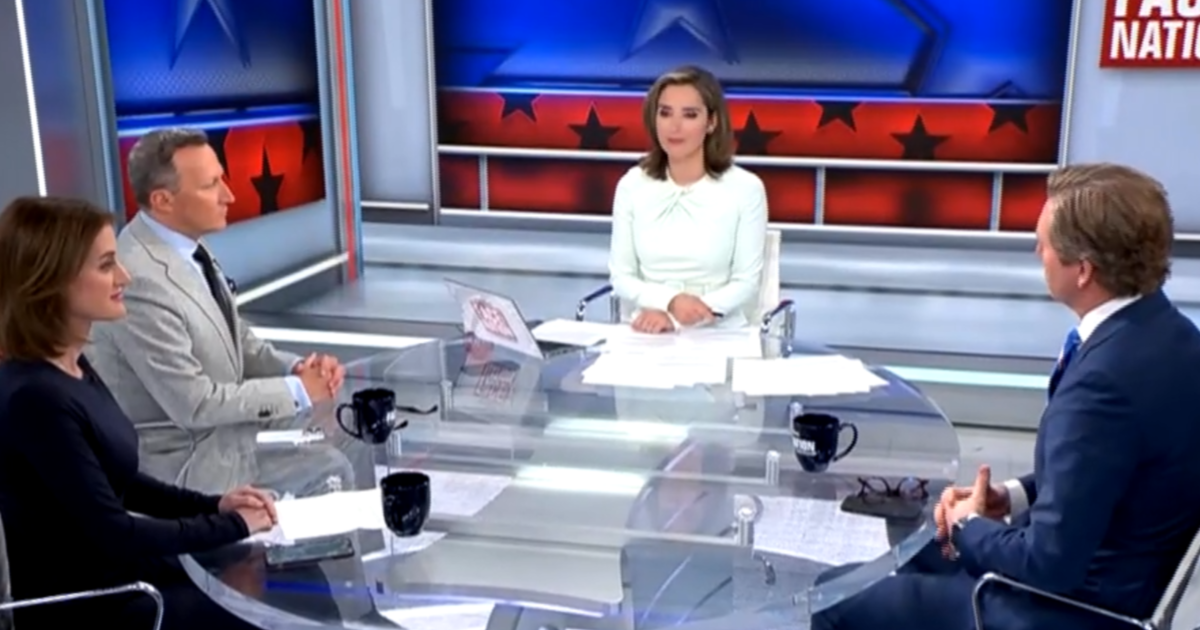The interview on “Face the Nation with Margaret Brennan” that aired on November 3, 2024, featured a panel of election law and security experts including David Becker, Chris Krebs, and Samantha Vinograd. Margaret Brennan welcomed the panel and set the stage for a critical week ahead. The discussion delved into the evolving tactics of foreign actors, particularly Russia, in attempting to influence the minds of the American public through disinformation and fake videos.
Chris Krebs, the former head of the Cybersecurity and Infrastructure Security Agency under the Trump administration, highlighted the evolution of Russia’s techniques in spreading disinformation. He noted that in 2016, Russian operatives operated out of an office building in St. Petersburg, generating and launching content to manipulate public opinion. However, in recent years, Russia has adapted its tactics by laundering content through platforms like Telegram and X, making it harder for US intelligence and law enforcement agencies to track and counteract their efforts. Despite these advancements, Krebs mentioned that many of the fake videos circulated by Russia are amateurish, aimed at flooding the information space and creating distractions.
Samantha Vinograd, a former counterterrorism official at the Department of Homeland Security under the Biden administration, discussed the influence campaigns conducted by Iran and Russia in the current election cycle. She highlighted Iran’s goal of denigrating President Trump and favoring Vice President Harris, while Russia continues to favor Trump. Vinograd emphasized the importance of US intelligence briefings and disclosures to combat foreign interference and maintain trust in democratic institutions.
The panel also touched upon the recent warnings issued by the FBI and US intelligence regarding fake videos targeting voters in key swing states like Pennsylvania and Georgia. These videos, which falsely claim that Haitian migrants were voting and other misleading information, are part of a broader disinformation campaign aimed at undermining the integrity of the election process. Krebs noted that while these tactics have evolved over the years, foreign actors like Russia are still trying to sow confusion and distrust among the American public.
As the conversation continued, the panelists emphasized the need for vigilance and awareness among the public to identify and counter disinformation efforts. Becker, the Executive Director of the Center for Election Innovation and Research, stressed the importance of media literacy and critical thinking skills in navigating the flood of misinformation online. He encouraged individuals to verify sources and fact-check information before sharing it on social media platforms.
In conclusion, the panel of experts highlighted the ongoing threat of foreign interference in US elections and the need for a coordinated response from government agencies, tech companies, and the public. By staying informed and vigilant, Americans can protect the integrity of the electoral process and defend against attempts to manipulate public opinion. As the 2024 election draws near, it is crucial to remain vigilant and discerning in the face of disinformation campaigns orchestrated by foreign actors.









